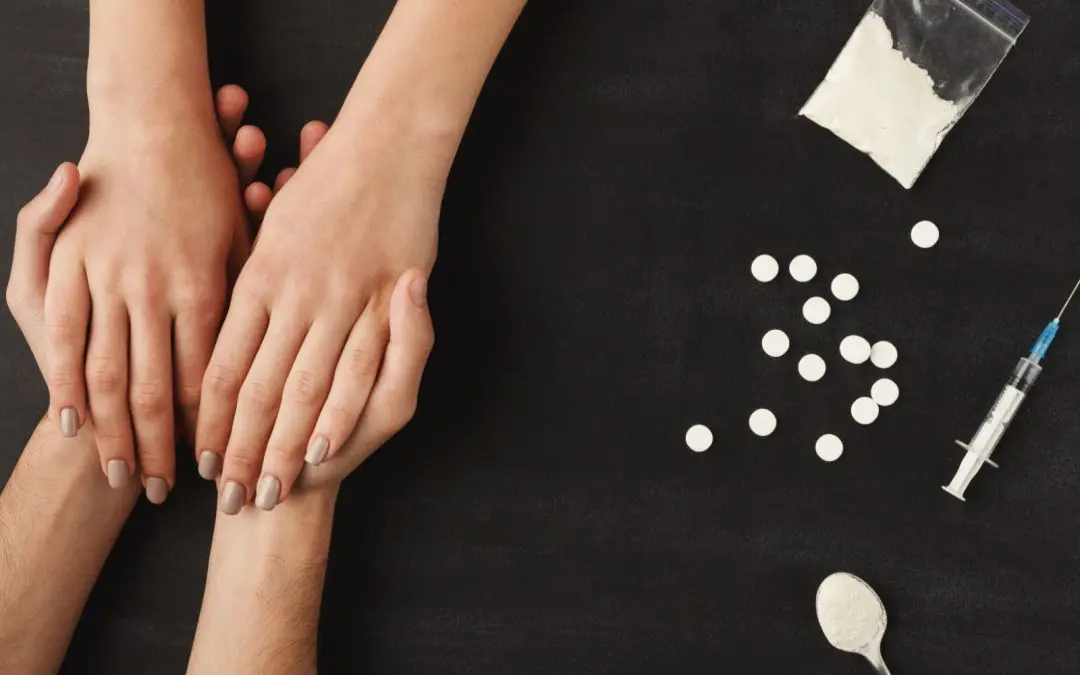24/7 Helpline:
(866) 899-111424/7 Helpline:
(866) 899-1114
Learn more about Opioid Rehab centers in Hawaiian Gardens
Opioid Rehab in Other Cities
Other Categories in Hawaiian Gardens

Other Insurance Options

Choice Care Network

Excellus

CareSource

GEHA

Health Partners

Medical Mutual of Ohio

Premera

Health Net

Oxford

Aetna

Coventry Health Care

Group Health Incorporated

Holman Group

UMR

Optum

Access to Recovery (ATR) Voucher

WellPoint

Covered California

BlueShield

Amerigroup

Hawaiian Gardens Medical & Mental Health
Hawaiian Gardens Medical & Mental Health is a private rehab located in Hawaiian Gardens, CA. Hawaiia...











